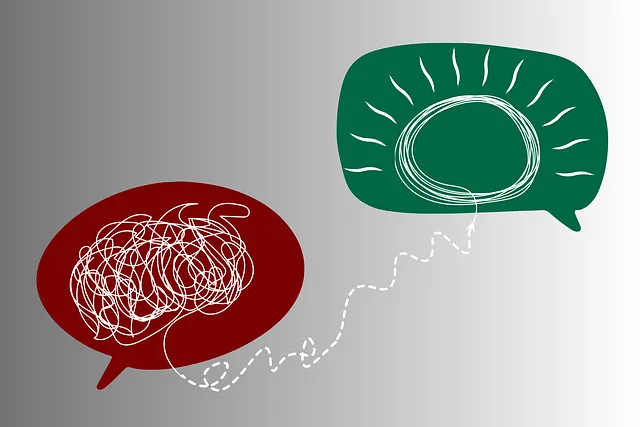The Kaiser Permanente mental health center in Highlands Ranch prioritizes a welcoming, supportive environment for successful group sessions. Key strategies include clear boundaries, confidentiality, non-judgmental attitudes, empathy modeling, and compassionate communication practices. Facilitators use active listening and inclusive language to make participants feel seen and heard, boosting confidence and resilience. Interactive activities, mindfulness exercises, and role-playing scenarios further enhance engagement and reduce stigma while aligning with Kaiser Permanente's holistic well-being mission.
At the Kaiser Permanente mental health center in Highlands Ranch, effective group facilitation techniques are pivotal in fostering community and enhancing mental wellness. This article explores proven strategies for facilitating supportive environments where individuals feel safe to connect, share experiences, and gain new skills. From setting the stage with welcoming introductions and active listening to empowering members through skill-building and action planning, each section guides facilitators in creating a transformative experience tailored to the unique needs of their group.
- Setting the Stage for Connection: Building a Safe and Supportive Environment
- – Creating a welcoming atmosphere
- – Establishing ground rules and expectations
Setting the Stage for Connection: Building a Safe and Supportive Environment

At the Kaiser Permanente mental health center Highlands Ranch, facilitating a supportive environment is key to successful group sessions. Creating a safe space encourages participants to open up and connect on a deeper level. This involves setting clear boundaries, ensuring confidentiality, and fostering an atmosphere of non-judgment. Facilitators play a crucial role in modeling empathy and active listening, allowing individuals to feel seen and heard.
By incorporating Compassion Cultivation Practices, group leaders can help members build resilience and enhance their emotional well-being. This can include practices such as mindful communication, empathetic understanding, and the cultivation of positive emotions. Additionally, focusing on confidence boosting techniques within a structured yet welcoming environment enables participants to navigate challenging conversations with grace and assertiveness, further strengthening their mental wellness support network.
– Creating a welcoming atmosphere

Creating a welcoming atmosphere is a cornerstone of effective group facilitation at the Kaiser Permanente mental health center in Highlands Ranch. This involves ensuring every participant feels seen, heard, and valued from the moment they enter the space. Techniques such as active listening, open-ended questions, and inclusive language help foster an environment where individuals feel comfortable sharing their experiences and insights. By promoting empathy and understanding among group members, facilitators can encourage a sense of belonging, which is crucial for building resilience and enhancing self-care practices.
In the context of healthcare providers, burnout prevention strategies are integral to this process. Facilitators should model healthy coping mechanisms and promote self-awareness exercises that help participants recognize their own needs. This not only aids in stress management but also equips them with tools to navigate challenging situations outside the group setting. Incorporating resilience-building activities into sessions can empower individuals to face challenges head-on, aligning with the broader mission of the Kaiser Permanente mental health center in Highlands Ranch to support holistic well-being.
– Establishing ground rules and expectations

Establishing clear ground rules is a fundamental step in creating a safe and supportive environment for participants at the Kaiser Permanente mental health center in Highlands Ranch. These rules serve as a foundation for effective group facilitation, fostering an atmosphere where everyone feels comfortable expressing their thoughts and experiences. The process involves setting expectations regarding confidentiality, active participation, mutual respect, and open communication. Facilitators should encourage members to share their boundaries while ensuring anonymity to build trust. By doing so, individuals can freely discuss mental health challenges and explore coping strategies without fear of judgment.
Additionally, incorporating interactive activities and exercises tailored for the group’s specific needs can enhance engagement. This may include icebreakers designed to foster connections, mindfulness practices for stress reduction, or role-playing scenarios that mimic real-life situations. Such techniques not only adhere to best practices in mental health support but also align with the Public Awareness Campaigns Development and Mental Illness Stigma Reduction Efforts, ultimately promoting holistic well-being within the group setting.
Group facilitation techniques are powerful tools in fostering connection and enhancing mental wellness, as demonstrated by practices employed at the Kaiser Permanente mental health center in Highlands Ranch. By creating a safe and supportive environment through welcoming atmospheres and clear ground rules, facilitators can encourage open communication and build trust among participants. These foundational steps, as discussed, are essential for effective group sessions that promote healing and personal growth, ultimately improving overall mental health outcomes.






